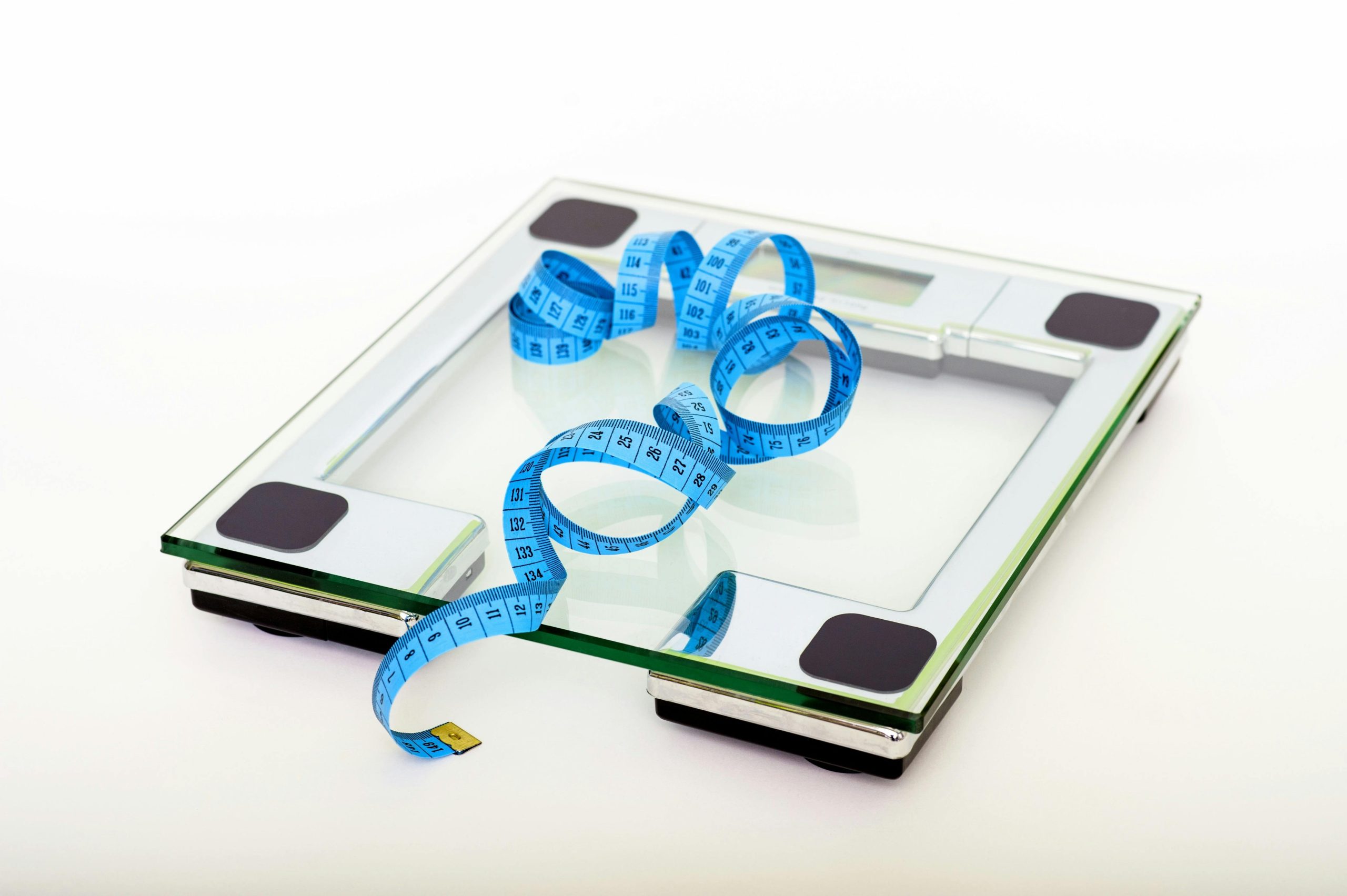Menopause can be a tumultuous time filled with several transitions-physical, emotional and in life circumstances. Among all the other symptoms associated with menopause, one of the most frustrating ones can be weight gain, which affects 50% of women in this life stage.
Mechanisms of weight gain during perimenopause and menopause
- Age
Weight gain is common as age increases, affecting both women and men. Some studies suggest a gain of 0.5kg per year.1 One of the primary factors is the natural loss of muscle with age.2 During perimenopause in particular, your body composition changes with a decrease in muscle mass and an increase in fat mass.3 Your muscles dictate your metabolic rate, therefore as you lose muscle, your ability to burn calories also reduces. If you continue to consume the same amount of food as usual, there will be an energy mismatch and this results in weight gain.2 - Physical activity
Many people become less physically active with age. It’s not just about going to the gym or fitting in regular walks, but your day-to-day incidental activity may have reduced.2 You may no longer be running after your kids or fitting in chores in a short timeframe before you have to meet your next commitment. You may be limited by injury or other medical conditions that have developed through the midlife. It could also be the pressures of work or looking after elderly relatives have increased and you have less time for staying physically active. Studies have also shown a significant reduction in spontaneous movements like fidgeting with the drop in oestrogen levels which leads to less energy expenditure, affecting women more than men.1,4 - Drop in oestrogen affecting body fat distribution
The drop in oestrogen (one of the main female hormones) can result in an increase in weight around the abdomen, and also an increase in visceral adipose tissue (fat around the internal organs in the body).1,2,5 These changes occur in both women of normal bodyweight, and those with higher bodyweight prior to menopause.2 Increased weight in these areas increase the risk of heart disease, diabetes, and cancers including breast and endometrial cancer.2,5 - Lack of sleep
Symptoms of perimenopause and menopause including hot flushes and night sweats can affect the duration and quality of sleep women get.1 Other factors like stress can also affect sleep. Reduced sleep increases hormones in the body such as cortisol that make you hungrier, especially for sweet and salty foods, and the tiredness also limits the physical activity you do the next day.2 - Genetics
Unfortunately, sometimes weight gain just comes down to genetics, and if your family carries more weight around the abdomen, that may increase your risk of the same as you transition through menopause.2
Ways to limit weight gain in perimenopause and menopause
- Improve your sleep
The benefits of a good night’s rest cannot be underestimated. If you are struggling with sleep, seek help from your GP to identify and treat the underlying cause. - Move more
Regular exercise and maintaining a high level of physical activity reduces the drop in your resting metabolism that can occur with ageing.2,5 Exercise can also help with improving sleep. Resistance exercises or strength training is important to preserve or build muscle which improves your metabolism, and aerobic exercise is beneficial for reducing fat, including the visceral fat around the organs.1,2,6 - Nutrition factors
There is no one diet that is uniquely beneficial for weight loss.1 The most important thing is finding a sustainable practice of eating to avoid yo-yoing of weight. Increasing your protein consumption can help preserve muscle mass and help keep you fuller for longer.6
While reducing carbohydrates can help with weight gain, it is important to maintain some level of carbohydrate intake, especially when exercising, as inadequate carbohydrate intake may also result in the loss of lean muscle mass.6
Making sure you have sufficient fruit and vegetable intake will also result in having less nutrient-dense foods, especially ultra-processed foods that can increase weight gain.2
As mentioned above, your calorie requirement also decreases with age, so you may need to consciously decrease your intake of food. Sitting down to eat, eating slowly, and savouring the flavour of foods are all strategies of mindful eating which allow you to better notice when you are full so you can stop eating. - Medications
There are also medications that can be used to help with weight loss in the perimenopause/menopause transition.1,2,4 If the measures above haven’t helped with weight loss, see your GP to discuss if medications would be an appropriate adjunct to your lifestyle changes.
Weight gain in perimenopause/menopause is multifactorial. For some, simple lifestyle changes may be enough to arrest or even reverse this weight gain, and for others, more intensive treatments may be required.
References:
- Fenton A. Weight, shape, and Body Composition Changes at Menopause. J Midlife Health. 2021;12(3):187. doi: 10.4103/jmh.jmh_123_21
- Mayo Clinic. Menopause weight gain: Stop the middle age spread. Mayo Clinic. 2019. Accessed September 1, 2025. https://www.mayoclinic.org/healthy-lifestyle/womens-health/in-depth/menopause-weight-gain/art-20046058
- Grainger S. Best chance for battling menopausal weight gain may be during perimenopause. Australasian Menopause Society. 2024. Accessed September 1, 2025. https://menopause.org.au/hp/studies-published/best-chance-for-battling-menopausal-weight-gain-may-be-during-perimenopause
- Proietto J. Obesity and weight management at menopause. Aust Fam Physician. 2017;46(6):368-70. Accessed September 2, 2025. https://www.racgp.org.au/afp/2017/june/obesity-and-weight-management-at-menopause
- Opoku AA, Abushama M, Konje JC. Obesity and Menopause. Best Pract Res Clin Obstet Gynaecol. 2023 Jun 1;88:102348–8. doi: 10.1016/j.bpobgyn.2023.102348
- British Menopause Society. Menopause: Nutrition and Weight Gain. British Menopause Society. British Menopause Society.2023. Accessed September 2, 2025. https://thebms.org.uk/wp-content/uploads/2023/06/19-BMS-TfC-Menopause-Nutrition-and-Weight-Gain-JUNE2023-A.pdf



